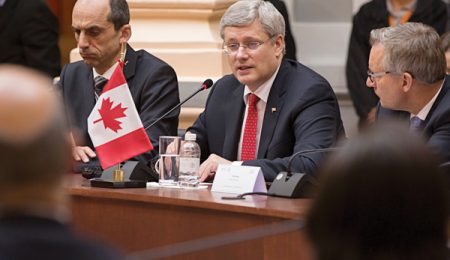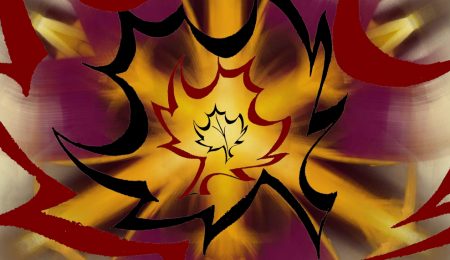What the euro zone crisis means to you
Daniel LeRoy | Fulcrum Contributor
THE EURO ZONE crisis: What the heck is going on at the other end of the pond? For three years now, daily news has told glum stories of Europe’s economic reality. Greece needs a bailout, now it’s Portugal, and don’t forget Ireland. Could Spain go under? God forbid Italy should fail, with an economy worth 16 per cent of the entire euro zone gross domestic product (GDP). This struggle seems to be dragging on and on, and growing. To the foreign observer here in Canada, it is all starting to get rather tedious. Shouldn’t they just break up already?
Last week, the European Union (EU) was awarded the Nobel Peace Prize, a decision that at first glance seems a little absurd, even hyperbolic. However, when you stop to think about Europe and the 60 years of history that have culminated in the neatly intertwined economic union that they have today, this prize starts to make a lot of sense—I’ll save my qualms about its 2009 recipient for another article.
In 1950, the French and Germans formed the Coal and Steel Community, which would expand to include four other nations shortly after. In 1958, western Europe was linked together in a new organization called the European Economic Community. By the 1980s, there was the Single European Act that finally brought Europe together in a joint economic market. The EU and the euro zone could now grow out of single-markets and political-cooperation experiments.
So what does all this history mean? Basically, economic cooperation decreases the drive for conflict and thereby increases the prosperity and security of all. What’s the expression again? The family that plays together stays together? I am not trying to intimate that the euro zone’s hypothetical dissipation would lead to WWIII; however, after the 60 most peaceful and prosperous years Europe has ever seen, it would seem that the path of increased economic integration is something worth pursuing.
Let’s get more specific. Why has the crisis not resolved itself? In short, unlike well-established political unions like Canada and the U.S., the euro zone has one central bank and has 17 central governments. Budgetary votes that affect the whole union happen in each of the 17 parliaments, which makes economic accountability difficult, stunts political incentive, and fosters scapegoating. Consequently, not enough money comes forward to stem the tide of capital flight. Right now only €500 billion has been committed to the European Rescue Fund (ERF), whereas economists suggest they need €3 trillion to be successful.
Why hasn’t this already happened? The money is there. Countries like Germany and France could easily put together the €3 trillion if they wanted to. But they don’t, because providing such a large amount of money that could potentially go to people in other countries might weaken their sense of national sovereignty or independence. However, this is a small price to pay to avoid the alternative.
If the ERF was boosted to €3 trillion, it would mean that if Spain or even Italy needed a bailout, the euro zone would not collapse. Furthermore, the promise of an inter-European commitment would reassure long-term investors in the continent. Governments and private industries would have an easier time borrowing money. With that would come more investment and hiring of new workers. The eventual effect is that unemployment, which is over 11 per cent in Europe—it is around seven per cent in Canada—would drop.
If this fund isn’t bolstered soon enough, the extreme political right and left will continue to grow and divide these countries with high unemployment rates. If cooler minds lose out, as is common in countries with massive unemployment, the euro zone will fall apart, and maybe the EU along with it. The conflict that could possibly follow such an event doesn’t take much imagination to conjure. It is time for the European powerhouses to honour the prize that their economic and political union has just been given.



